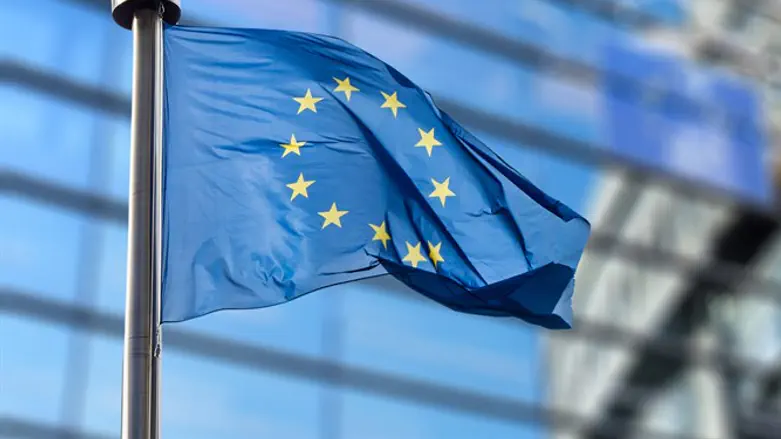
Eight European Union member states on Tuesday warned that US President Donald Trump’s so-called “Deal of the Century” would fail unless it is based on the internationally agreed parameters for a solution to the Israeli-Palestinian Arab conflict.
The statement by France, the Netherlands, Poland, Sweden, the United Kingdom, Belgium, Germany and Italy followed a UN Security Council meeting on the Middle East in which US Ambassador Nikki Haley discussed the peace plan being prepared by the Trump administration.
“We, the European Union members of the Council, would like to reiterate once more and emphasize the EU’s strong continued commitment to the internationally agreed parameters for a just and lasting peace in the Middle East, based on international law, relevant UN resolutions and previous agreements,” said the ambassadors from the eight countries.
Any peace plan that fails to recognize these internationally agreed parameters would risk being condemned to failure, said the statement.
"The EU is truly convinced that the achievement of a two-state solution based on the 1967 borders with Jerusalem as the capital of both States, that meets Israeli and Palestinian security needs and Palestinian aspirations for statehood and sovereignty, ends the occupation and resolves all final status issues, in accordance with Security Council Resolution 2334 and previous agreements, is the only viable and realistic way to end the conflict and to achieve just and lasting peace," it continued.
It added that the EU "will continue to work towards that end with both parties, and its regional and international partners", and called for restoring "a political horizon" on this issue.
In her remarks at the Security Council earlier on Tuesday, Haley said the plan that is being prepared “is not just a few pages, containing unspecific and unimaginative guidelines. It is much longer. It contains much more thoughtful detail. It recognizes that realities on the ground in the Middle East have changed in powerful and important ways.”
“This plan will be different from all previous ones,” she continued, while stressing that “there are things in the plan that every party will like, and there are things that every party will not like. That is certainly true for the Israelis and the Palestinians; but it is also true for every country in the world that has taken an interest in this subject.”
Haley also pointed out, “Ultimately, as always, the final decisions can only be made by the parties themselves. Israelis and Palestinians will decide their own futures. They will decide what sacrifices they are willing to make. And they will need leaders with real vision to do it.”
The Trump administration’s peace plan has yet to be unveiled, and recent reports indicated that Trump postponed the publication of his plan until February 2019.
Palestinian Authority chairman Mahmoud Abbas has already rejected the US peace plan before it has even been made public. He has refused to consider the Trump administration an honest broker for negotiations since Trump’s recognition of Jerusalem as Israel’s capital last December.
It is unclear yet whether the plan will indeed include the two-state solution. While Trump several months ago appeared to express support for a two-state solution, he has also indicated he would be satisfied with whatever solution the two sides agree upon.
